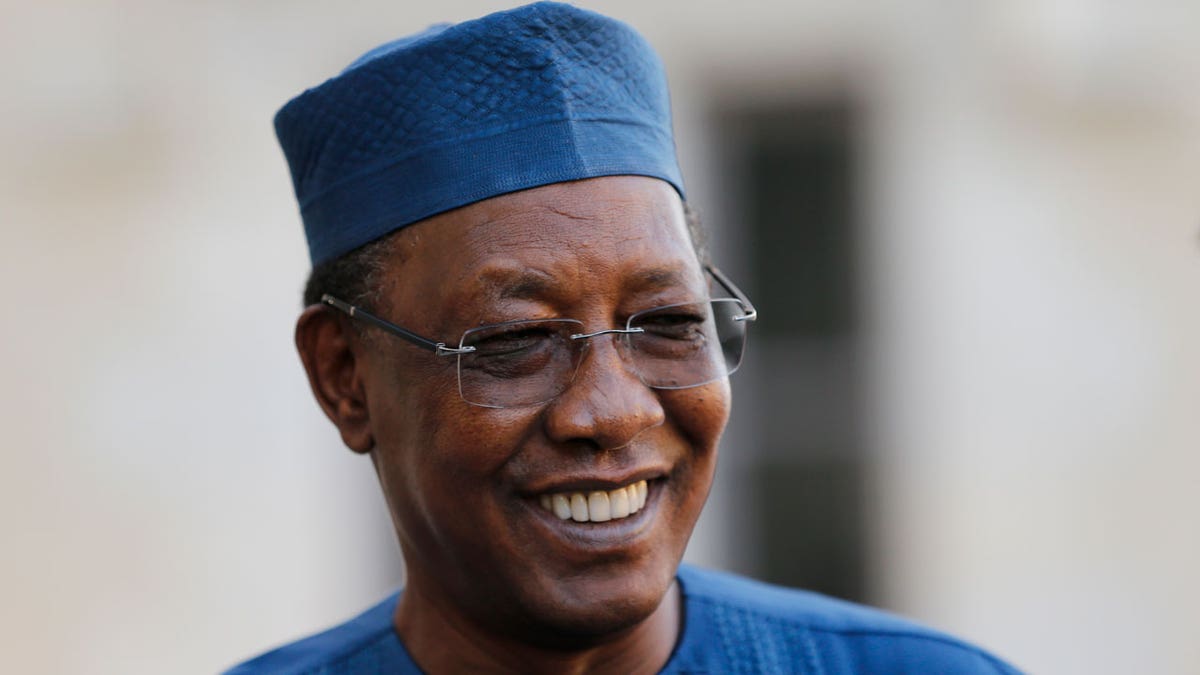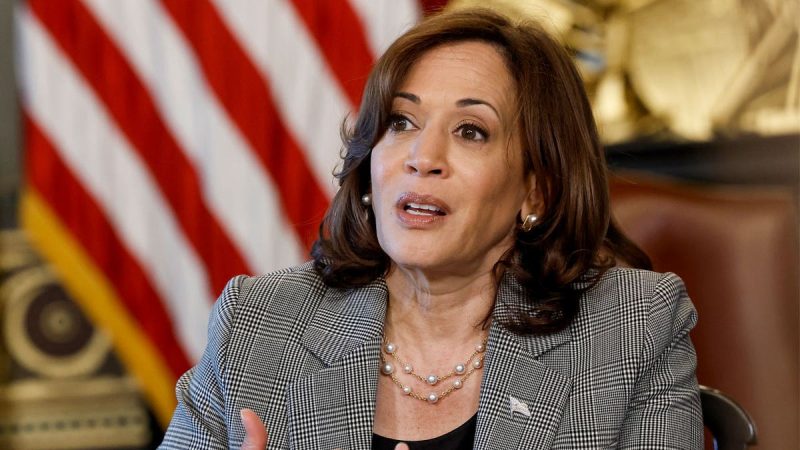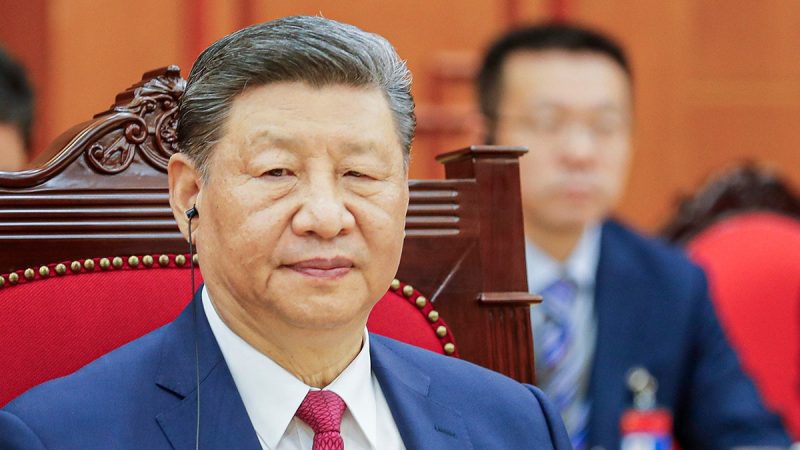African nation’s citizens vote in favor of new constitution solidifying junta leader’s rule

Citizens of the African nation of Chad voted in favor of a new constitution Sunday, which critics say could help solidify junta leader Mahamat Idriss Deby’s power.
Reuters reported that 64% of the voters turned out to weigh in on the referendum earlier this month, which gained approval from 86% of those voters.
The country’s military officials emphasized the importance of the vote to next year’s elections, suggesting it could lead to a long-promised return to democratic rule.
Military authorities seized power in the country in 2021 after former president Idriss Deby was killed on the battlefield during a conflict with insurgents.
Under the new constitution, Chad will remain as a unitary state, which it has been since claiming independence. Some opponents called for the creation of a federal state, stating it would likely assist with spurring development.
Many opponent groups also called for boycotting the vote on the basis that the junta had too much control over the referendum process.
At first, Deby promised an 18-month transition to elections after his father died, but the government, last year, adopted resolutions to delay the elections until 2024. The delay also allows Deby to run for president in an eventual vote.
Earlier this year, Chad’s government foiled an attempt to destabilize the country and undermine the constitution.
In the attempt, 11 people, including soldiers and human rights activists were arrested and transferred to the high court in the capital, N’Djamena.
Government spokesperson Aziz Mahamat Saleh said a judicial investigation was opened against the 11 people for undermining the constitutional order, criminal association, illegal possession of firearms and complicity.
Mahamat Idriss Deby was declared the head of state after his father’s death in April 2021, instead of following the Chadian constitution’s line of succession. The opposition political parties at the time called the handover a coup d’état, but later agreed to accept Deby as interim leader for 18 months.
In October 2022, Chadian security forces opened fire on anti-government demonstrators in the country’s two largest cities, killing at least 60 people.
The men's arrest was an attempt to silence dissident voices, analysts say.
Reuters contributed to this report.



